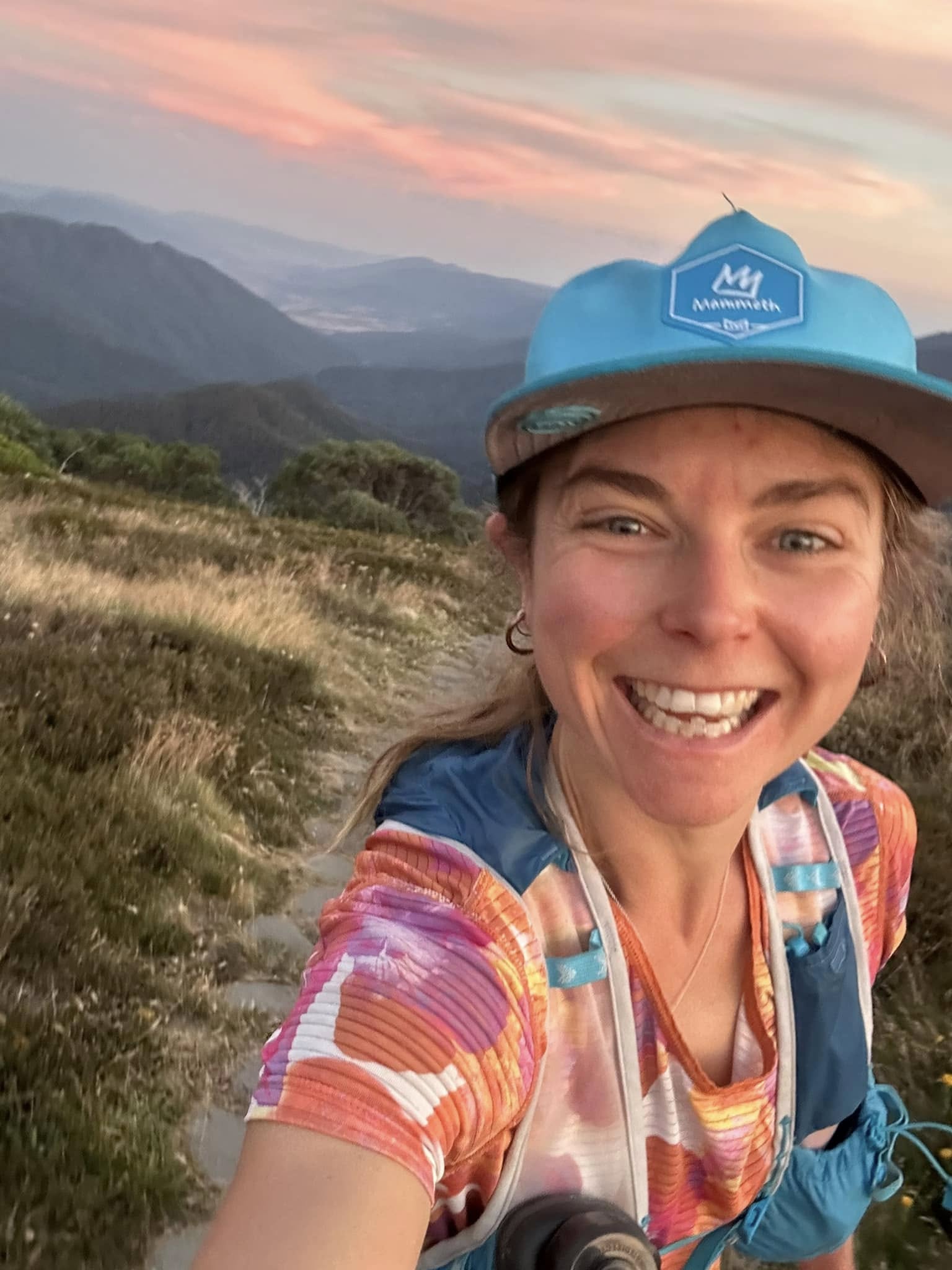Although The Center of Excellence in Industrial Biotechnology and its director, Andrew Zydney are typically known for their collaboration with renowned industrial biotech companies, they also strive to work together with other top-tier research universities.
On Oct. 15, Zydney, who’s been invited to over 50 universities to speak during his illustrious career, attended a virtual seminar hosted by the University of Alabama’s (UA) Department of Chemical and Biological Engineering.
The seminar provided Zydney with an opportunity to present his research on the use of membrane systems for purifying DNA that can be used as a gene therapy or as a vaccine. It also offered him an opportunity to expand relationships – meeting with younger faculty he’s never met before, and re-engaging with experienced faculty he had met previously at conferences over coffee.
“It’s always nice to get a chance to meet some of their faculty,” Zydney said. “I came away impressed. I really liked what I saw during my interaction with the department. Hopefully, they now have a better appreciation for the kind of research that goes on in my lab.”
Following his individual meetings with some of the department’s faculty, Zydney presented his research and was interviewed by Milad Esfahani, assistant professor of chemical and biological engineering at UA, in front of a virtual audience of over 130 people – comprised of UA undergraduate and graduate students, postdoctoral researchers and faculty.
This was Zydney’s first virtual seminar. And while he admitted that the virtual format isn’t as comfortable due to not being able to see the faces of the audience members, he enjoyed being interviewed by Esfahani and being asked different, nonscience related questions such as: How he decided to pursue the field of chemical engineering? Who were his early-career mentors? And what advice does he have for researchers beginning their work in chemical engineering?
Esfahani, who is in charge of these seminars at UA, said he uses them as an opportunity not only to discover more about membrane science but also to learn from some of academia’s biggest names on what they’re doing in the classroom.
“I received recommendations from him (Zydney) about how to conduct better research, how to provide impactful mentoring and how to build a better research group,” he said.
Overall, Zydney’s recent virtual visit to UA by the Department of Chemical and Biological Engineering is just one example of how top-level research universities continue to collaborate to increase engagement both with company partners and in the classroom.








